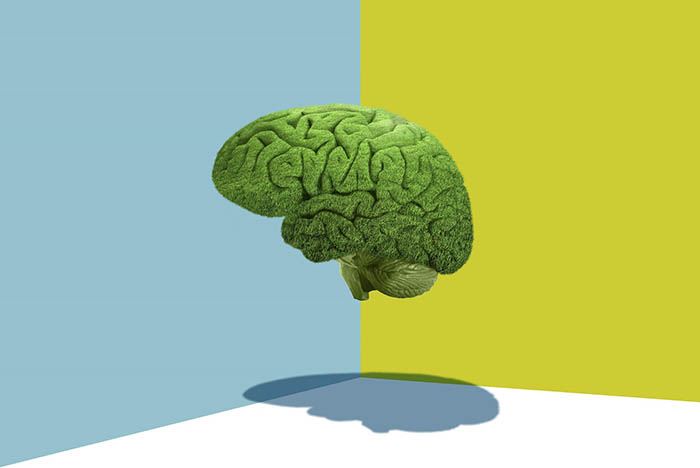The words mental illness often bring specific ideas or images to mind. But, the reality is that mental illness affects far more people than you imagine. According to the National Alliance for Mental Illness (NAMI), approximately 1 in 5 Americans suffer from a mental illness. Those are friends, family members, colleagues and neighbors, or it could be you.
Many factors can contribute to the development of a mental illness such as our genetics (inherited characteristics), our environment and certain life events. While we all experience fear, anxiety and stress from time to time, mental illness is something more — causing disruption to our everyday lives and lasting longer than a typical emotional reaction.
Know the Signs of Mental Illness
Since there are many types of mental illness and since each person is affected differently, it can be hard to recognize the signs. But here are few things to watch for:
- Changes in work or school performance
- Excessive worry, fear or sadness
- Extreme mood changes Inability to handle daily stress
- Avoiding family, friends and social situations
- Irritability or aggression
- Hyperactivity
- Significant changes in sleeping patterns




